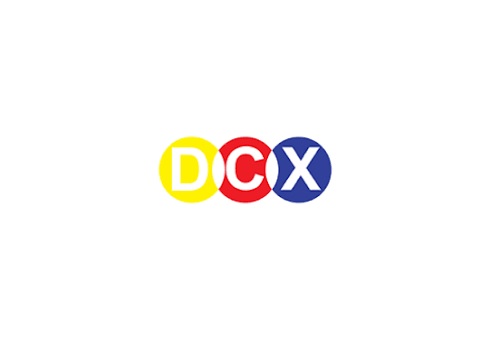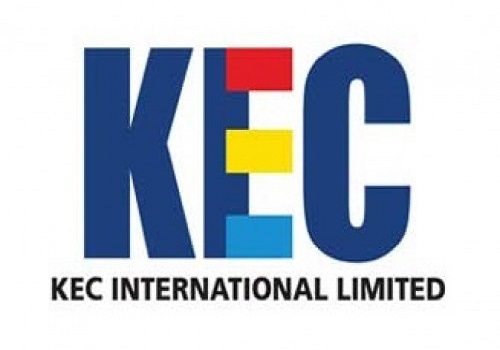Buy Jubilant Foodworks Ltd For Target Rs.750 - ICICI Securities
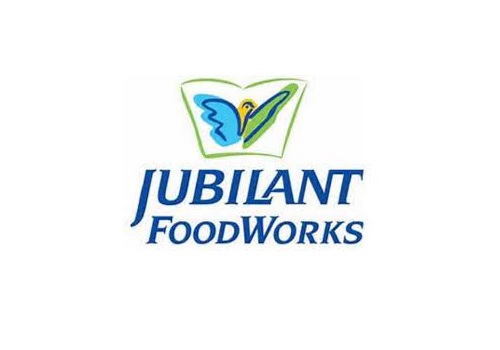
Likely improvement in trajectory as long-term competitive advantages are intact
We upgrade JUBI to BUY. Drivers of our optimism are (1) loyalty program potentially driving higher order frequency (~15% of Domino’s customers account for ~56% of revenues – a classic marketing case of heavy-user dependency - which is good, in our view), (2) continued network expansion ahead of competition, (3) likely positive surprise in Popeye’s execution and ramp-up (consensus may start ascribing option value by FY24e), (4) lower incremental impact from fortressing (splitting of stores) strategy and (5) 24% underperformance vs Nifty over last 12 months.
We remain longstanding believers of QSR opportunity and Jubi’s superior execution skills. We believe JUBI remains best positioned to realise industry tailwinds driven by (1) already existing digital infrastructure and delivery capability & relationships, (2) lower competition thanks to industry consolidation (~25% of restaurants have closed as per National Restaurant Association of India) and (3) strong balance sheet.
We will monitor announcement of a refreshed strategy, if any, under new CEO Sameer Khetarpal (ex-Amazon, Mckinsey, GE Capital, HUL). Upgrade to BUY (ADD earlier). TP Rs750 (Rs640 earlier).
* Cheesy Rewards (loyalty program) likely to drive higher order frequency and retention of customers: JUBI has launched a simple milestone-based loyalty program where customers get a free pizza after every 6th eligible orders. We believe, this loyalty program is likely to drive higher order frequency and help JUBI retain its customers. ~56% of revenues for Domino’s comes from ~15% of its customers, indicating it’s a heavy user dependent business. Loyalty program will likely help JUBI retain these customers when competition is increasing among organised players and drive higher order frequency. Retention of these customers and higher order frequency may drive growth (higher number of orders) as well as profitability (operating leverage) despite incremental costs of loyalty program as these costs will replace some of the promotional expenses already done by JUBI.
Secondly, loyalty program is also likely to drive higher traffic for Domino’s app as cheesy rewards can be received across platforms but can only be redeemed through Domino’s app. Higher customer traffic in own app can be a long-term competitive advantage. Domino’s app has been gaining traction and cumulative downloads have increased by ~4.4x in last ~3 years.
* Absolute store expansion of Domino’s continues to be higher than Pizza Hut: JUBI has indicated plans to open 250 Domino’s stores in FY23, while Sapphire Foods and Devyani have also been aggressively opening Pizza Hut Stores. Domino’s is likely to open more number of stores as compared to Pizza Hut (Sapphire + Devyani) in India in FY23. Pizza Hut brand is at the cusp of faster growth (a classic case of solving availability as awareness was always high) – a tailwind for Yum!. We believe both players may end up baking a larger cake.
An important thing to keep in mind while comparing network expansion plans is the probability of success of new stores. JUBI has high probability of opening more successful stores due to 1) it has gone through the learning curve of expanding aggressively (>1,600 stores) and 2) JUBI’s own delivery capability (either through own app or food aggregators) allowing it to own customer data.
Lastly, the increasing focus of food aggregators to improve profitability may be a headwind for most restaurant players including Jubi.
* Probability of Popeye’s success higher than expected: We believe JUBI can surprise consensus in Popeye’s execution unlike its own brands (Hong’s Kitchen, Ekdum!). Two reasons: Firstly, KFC is the only organised QSR player in fried chicken category while there are multiple smaller and unorganised players in fried chicken category having concepts similar to KFC India. Presence of multiple such similar players tells us market opportunity exists. Secondly, consensus has been disappointed with execution in scale up of JUBI’s own brands Hong’s Kitchen, Ekdum!. However, extrapolating JUBI’s execution capabilities in these brands to Popeye’s wouldn’t be fair, in our view.
Establishing and scaling up of a new brand (Hong’s, Ekdum!) is a much longer process as compared to scaling up an already established global brand (Popeye’s). These new brands have to be created from scratch while Popeye’s on the other hand is a franchisee agreement for an already established brand having proof of concept and standard operating practices in place (which also took time for the brand owner to establish).
* Lower incremental impact of fortressing strategy: JUBI had implemented fortressing strategy to protect its key markets by splitting its stores in key areas to improve consumer experience. While this strategy has been there for some time now, it was further accelerated in FY22. We believe that the impact of this strategy is likely to be low incrementally due to 1) JUBI has already split many of its stores in last couple of years, and 2) revenue of the mother stores generally dips in Year 1 due to some cannibalisation but it recovers back to its original revenues within 12-18 months and provides significantly higher profitability together as both of these stores starts serving a larger area with improved consumer experience. Therefore, considering that fortressing strategy has been there for ~2 years now, benefits of fortressing strategy will offset the impact of further splitting of stores implying lower incremental overall impact.
* Valuations and risks: Our earnings estimates are largely unchanged, modelling revenue / EBITDA / PAT CAGR of 21 / 24 / 29 (%) over FY22-24E. Upgrade to BUY (from ADD) with DCF-based revised target price of Rs750 (was Rs640). Key downside risk are higher-than-expected competitive intensity and inflation.
To Read Complete Report & Disclaimer Click Here
For More ICICI Securities Disclaimer https://www.icicisecurities.com/AboutUs.aspx?About=7
Above views are of the author and not of the website kindly read disclaimer
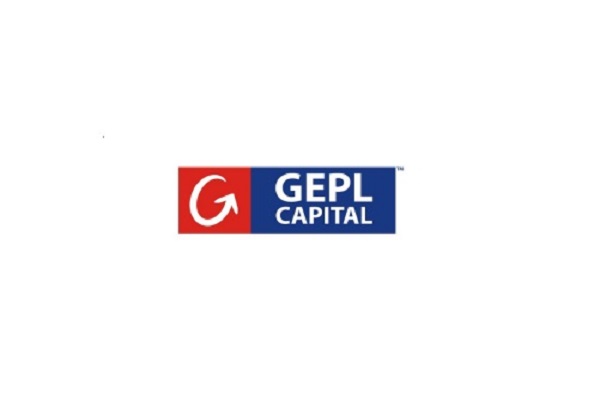

.jpg)
.jpg)

.jpg)
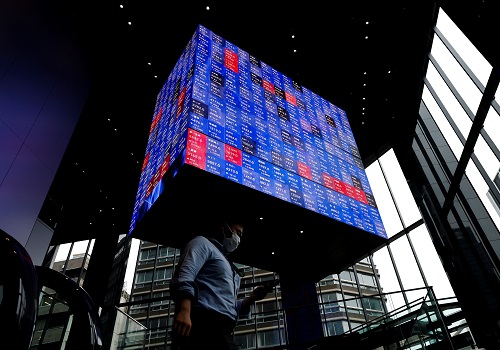

.jpg)




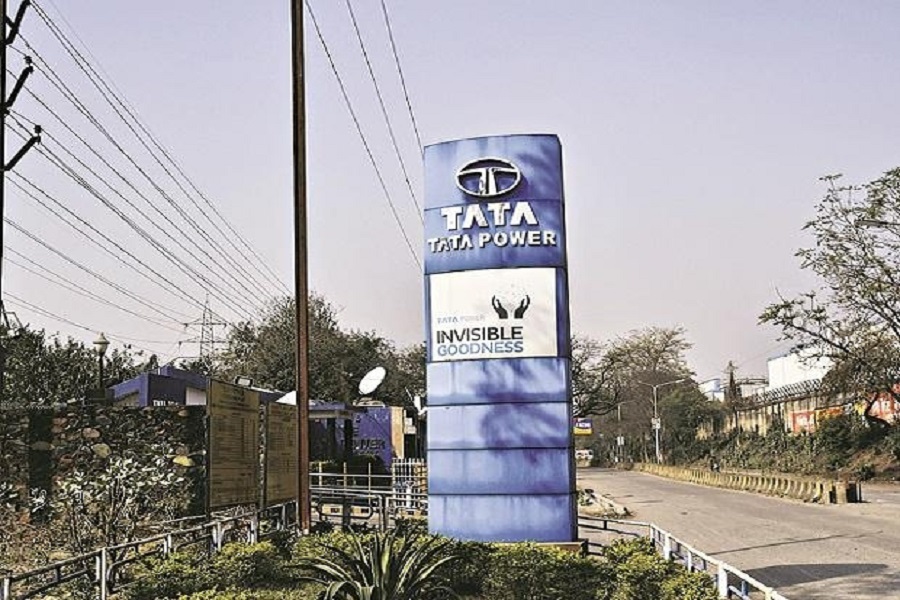
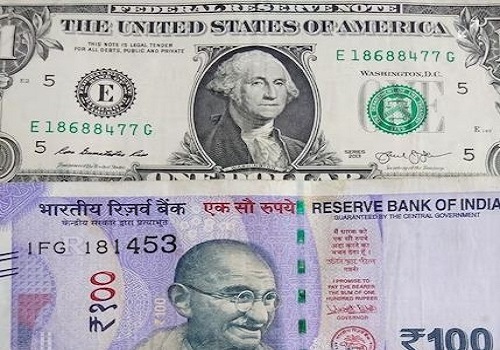

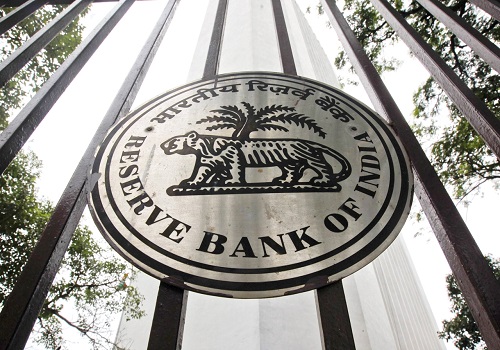
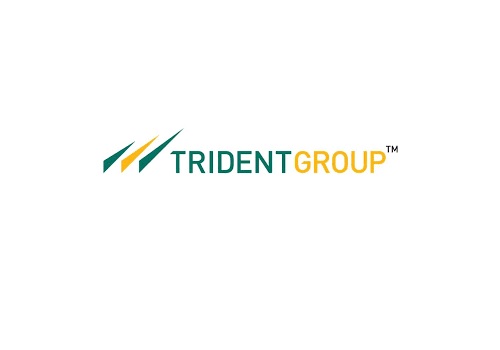
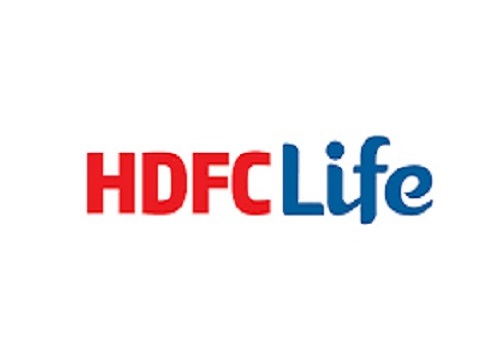
.jpg)
